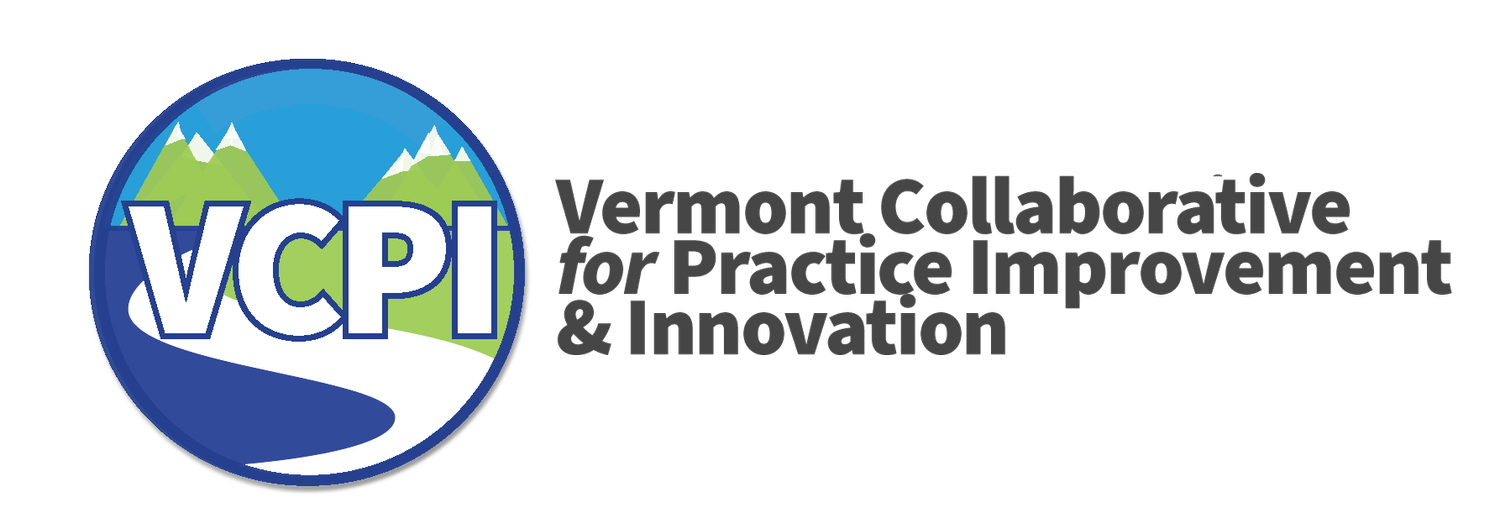In this comprehensive and introspective online workshop, we delve into the complexities of racism within mental health care systems. Our aim is to create a safe space for participants to examine their personal biases, beliefs, and behaviors related to race, and to equip them with tools to identify and challenge systemic racism within mental health care.
This free program - presented by the Peace & Justice Center and hosted by VCPI, is made possible with funding from the Vermont Department of Health.
Learning Objectives
Understand the meaning and impact of racism, white fragility and white supremacy
Explore how you would handle past observations or actions of racism differently
Understand how to take accountability, make a good apology, and begin to repair harm
Explore the ways systemic racism shows up in the Medical Industrial Complex
Facilitator Biographies
Justice Elijah (she/her): I was born and raised in Bainbridge, GA, which I refer to as the Dirty South. I absolutely love being a Southern black woman with churchy roots; it is my foundation. I received my Bachelor of Arts in History from Columbus State University. I moved to Vermont in 2021 to serve as an AmeriCorps member. During my service, I needed additional income, and when I found out about the Peace and Justice Center, I jumped at the chance to make money and meet new people. I’ve always had a love for people and want others to fit comfortably in the spaces they are in. The workshops with PJC are often challenging and very emotional, transformative experiences. I’ve enjoyed my two years and some change as one of the facilitators. I can’t wait to meet you soon.
Bella Fearn (she/her): Her work spans elementary education, non-profit leadership, and community organizing, with a current focus on Diversity, Equity, and Inclusion (DEI) Consulting, and campaign management. She is dedicated to identifying and dismantling systemic mechanisms of oppression by being an active co-conspirator. She strives to live in a society where our systems, actions, and behaviors honor our shared humanity. In her free time, you will find Bella in her garden, on her bicycle, or the ski slopes.
Kalé Camara (they/them): Kalé is a community organizer, facilitator, writer and artist based in Duxbury, VT. They are a black biracial nonbinary neurodivergent fiercely fabulous dreamer. They are the mixed race child of Guinean and Danish immigrants. They have been community organizing, and facilitating for 4 years, initially being radicalized in undergrad around migrant justice work, intersectional organizing, and community care work. They have studied and are informed by black, indigenous and queer resistance movements and liberatory struggles as well as transformative justice and black feminism. Kalé currently works as an antiracist facilitator at the Peace and Justice Center, and organizes with Huntington Open Women's Land Trust. In their free time they love to eat really good food, explore swimming holes around Vermont, or sit at the wood stove with their loved ones sipping a cup of tea and reading a book.
Elián González (they/them): I’m the brand new Director of Programs at the Peace & Justice Center. Since my arrival, I’ve started to build new peace programming, which I hope you will join me for! I got my start at the PJC as a member of the facilitation team. Teaching antiracist curriculum has been deeply transformative for me as a white passing mixed race person. I grew up in an extremely Catholic household with 5 siblings and a white mom and brown dad who didn’t talk about race, despite ongoing racial conflicts within the family (that I found out about later). In college I began to do my own racial unlearning, re-education, and identity formation process on my own. Working as a facilitator has really challenged me to go even deeper. I stay in the work because I truly believe that white people and people of color can live with each other in a way that honors, celebrates, and tends to our differences.
